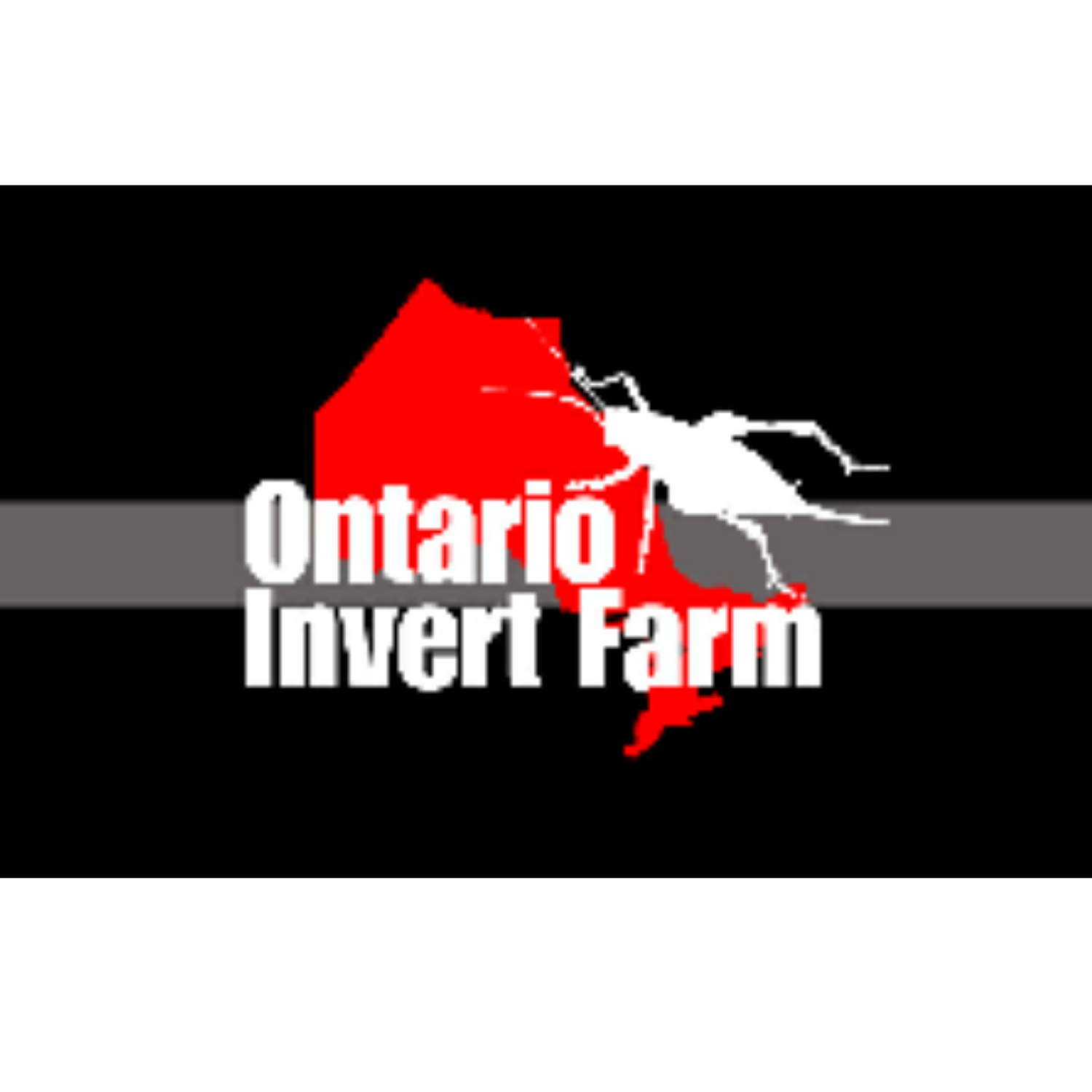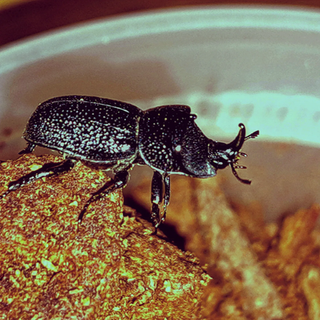The West Coast is the Best Coast
- Jordan the Bug Man

- Aug 1, 2022
- 4 min read
Updated: Oct 24, 2022
While I suppose that the east coast has its merits when it comes to the range of species truly unique to Canada the shear biodiversity of BC cannot be beat! While this applies to many of the plants and animals found there, as a bug farmer the insects, arachnids, and other invertebrates are of particular interest.
The geological divide caused by the Rocky Mountains created the separation of east and west, and since the mountain range are so high and vast this has stopped even highly mobile insects from easily crossing from either side. Mountains are a natural barrier which often leads to speciation (new species) due to reduced gene flow between meta populations. While other geographic features such as rivers and deserts can create similar barriers they don't quite have the same level of separation that large mountain ranges provide.
One of the other things that lead BC to such a different array of species is the number of biomes exclusive to that province; coastal forests, temperate rainforest, desert are just some of the habitats found there which exist nowhere else in Canada. This varied assembly of ecosystems means a wide range of niches and thus a truly stunning assembly of invertebrates found nowhere else in this country.
What does this have to do with the Ontario Invert Farm? Quite simple - only a couple weeks ago we were sent a shipment from BC as part of a trade. The species which arrived in the shipment are nothing short of amazing; giant slugs, stag beetles, Canada's only Scolopocryptops species, giant flightless tiger beetles, and more! Too excited to keep them a secret these inverts have been shared through posts on our FB page and on our Instagram, but I wanted to make a post where all of them could be showcased together.

Undoubtedly one of the most impressive species sent must be the banana slugs. These beauties are the largest slug in Canada and the second largest in the world! They can reach lengths of 10 inches and weigh 4 ounces, although most are in the 7 to 8 inch range.
When it comes to food they're not picky: dead leaves and other detritus, feces, fungi (a reported favourite), and even carrion, this slug won't turn away much, hold the salt.
Where they get picky is temperature- they require the moist and cool climes offered by BC forests. At first it seems curious that such large and colourful inverts never took off in the pet trade, but when the need for consistently low temperatures is considered it becomes more obvious. The need for these high humidity and low temperature conditions are actually true of a number of BC's insect fauna such as the next species: giant flightless tiger beetles

The Omus dejeanii tiger beetle represents an primitive branch of the tiger beetle family and as with many of their invertebrates is unique to the province. Feeding on smaller arthropods they grow to a respectable size of up to 20mm, the largest of their genus.
While it has the hard wing covers which are typical of Coleoptera (believed to be the reason for the order's massive success) in this beetle the wing covers have fused, rendering them flightless.
Two more beetles arrived with this shipment, both stag beetles although notably different in appearance.
The first, yet to be identified down to species, is not unlike stag beetles found here in the east. As with most stags the larvae grow in decaying wood and have an important role in recycling fallen timber and releasing the nutrients found within.

The other is called the rugose beetle, , named so due to the pitted dimples on its wing covers. While they are stag beetles this species more closely resembles rhino beetles with a single 'horn' on males which they use to battle each other for the best logs and mating rights to the females.
Within those same logs it wouldn't be surprising to also find another species sent in the shipment: the bark centipede Scolopocryptops spinicaudus. This species represents the only Scolopocryptops species confirmed to be present in Canada, and this family is notable for have 23 sets of legs opposed to the 21 most centipedes have. Like the other species mentioned they have an affinity for moist and cool locations, spending much of their time concealed under logs or similar shelter.

Another gastropod which arrived are the Pacific sideband snails. These snails have a unique courtship in which they will shoot "love darts" into their partner which are calcified projectiles containing hormones. These darts enhance the chances of successful reproduction, but are not without risk- it has been observed that they are so sharp as to actually puncture the organs of the mate they are shot into!

The BC shipment was quite an ark of inverts and has given the OIF plenty of to keep us busy through the winter. The invertebrate keeping hobby is growing in Canada and it would be nice to be offer native species and expand keeper's options as the hobby itself expands. It is hoped that in the coming years that the OIF cab offer some or all of these species so that hobbyists get an opportunity to have a little piece of BC right in their own homes.
















Comments